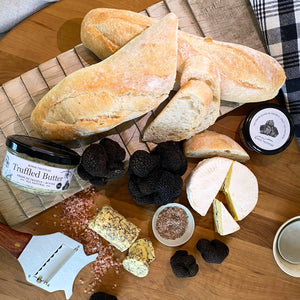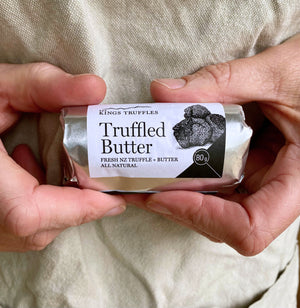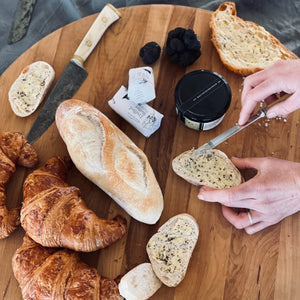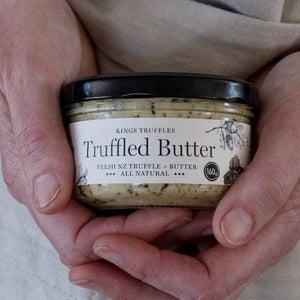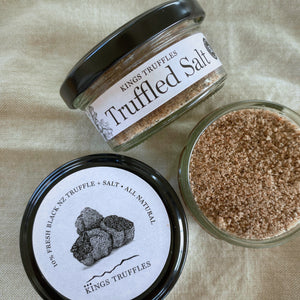Kings Truffles often talk about brule formations in the husbandry of truffle trees, and I am often asked what this is. I will attempt to shed a little more light on the subject, or at least more than my common answer of; like the dessert, brule means burnt (though this is a good start).
When truffles are growing below the soil surface they are creating VOCs (volatile organic compounds). These VOCs burn off competing grasses and weeds acting as a weed control because certain seeds can’t germinate when they are present. It is an effective way of knowing that the truffle growth is becoming stronger on that certain host tree. It is not a guarantee that the tree will produce truffles but it is a good start, you know that the truffle mycorrhiza is present and active. Many people have used this as a way of locating truffles in the wild in Europe and continue to go back to the site in following years.
The brule can start forming on trees as young as 2 years and can either form around the whole base of the tree or the more dominant side. Along with the tree, the brule grows outward with the root system every year. Kings Truffles find that the burnt patch is a lot more obvious at this time of year in New Zealand continuing into winter and the Perigord black truffle harvest season. It also means that as the mycorrhiza gets stronger less to no spray is needed to control weeds.
Not all truffle species form brules but the Tuber melanosporum and Tuber aestivium do “with the greatest production occurring inside the brule, and accounting for a 38% increase.” It has also been found that Tuber borchii can form them.
Many people think that brules are formed by the tree canopy, this may be true in some instances when the tree is a lot larger, but as you can see in the image above it is not the case as the truffle trees are still quite small with little to no shade created.
I hope this is helpful in answering what a brule is when used in a truffle term rather than cooking. There is a lot more information out there with a more scientific approach if you require something a little more in depth., but hopefully now you know at least what you are looking for and what I often refer to.
Reference: http://www.delectations.org/harvesting.html#sthash.8ycKcDyL.dpuf


